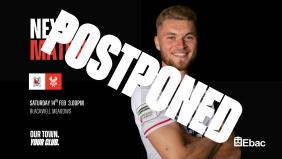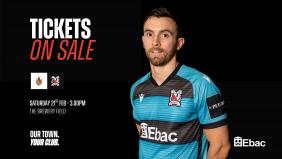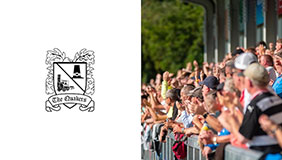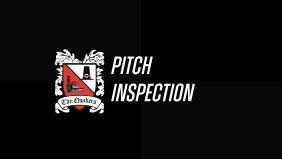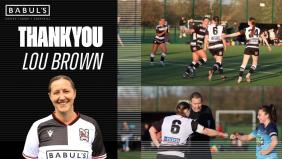In the latest in our series to celebrate reaching Wembley in 1996, Steve Gaughan spoke to Ray Simpso...
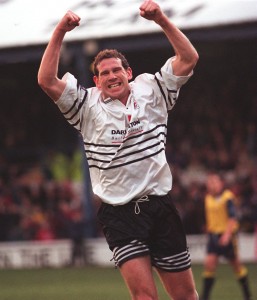
In the latest in our series to celebrate reaching Wembley in 1996, Steve Gaughan spoke to Ray Simpson
Steve – he was affectionally known as “Stan” -- signed for Darlo when were battling to avoid relegation from the old Third Division in season 1991-92. We’d won the Vauxhall Conference and Fourth Division championship in successive years, but we’d found the step up in quality difficult to cope with.
“I came to the club when it needed a lift to avoid relegation,” said Steve. “Frank Gray signed me, Nick Cusack and Steve O’Shaughnessy, and I made my debut in a midweek game at Swansea. We lost 4-2, Nick scored one of our goals.
“The following Saturday we played at home to Hull City but we lost 1-0, Dean Windass (I think it was) scored for them.
“I left Sunderland to sign for Darlo, but I didn’t need much persuasion. Football is like that. I could have stayed at Sunderland, chugging away in the reserve team but sometimes you’ve got to put yourself out there to fail. I wanted to have a go at Darlington and fulfil my career. There were 36 pros at Sunderland at the time, and there were three full time pros on the bench for reserve games, so my chances were limited. I used to live in digs run by Malcolm Crosby, there were a couple of young lads there at the same time as me, Brian Atkinson and Martin Gray.
“It was more of a case of getting some playing time under my belt, plus I wanted to make a bit of a difference to Darlington. They’d just had back-to-back promotions and were really down, they didn’t have a lot of young players, most of them were 30 plus.”
Steve became one of the few bright spots of that season’s run in – Frank Gray was sacked and Ray Hankin replaced him -- but his performances weren’t enough to save Darlo from the drop back into the old Fourth Division, in which they would stumble through the next three years and he would play in a variety of positions for several managers and caretaker managers.
After three different managers in the 1994-95 season, Quakers appointed David Hodgson and Jim Platt as joint managers in the summer of 1995.
“They transformed the club. Hodgy was brilliant. He’d experience of playing for Middlesbrough and Sunderland, as well as abroad. He’d been there and done that with Liverpool.
“His philosophy on the game was completely different to all the other managers I’d played with until then. He was ahead of his time in some ways, he told all the players that we must look after ourselves -- for example, drinking lots of fluid after training sessions to hydrate ourselves, to keep to a healthy diet. All that sort of stuff is fairly standard now in the game, but was different back then.
“Maybe if Hodgy had got a club with a bit more financial clout, then he would have done more than he achieved at Darlington. If he’d got more success in those early years and moved to another club, then who knows?”
The 1995-96 season was a remarkable campaign that nearly finished in automatic promotion, and instead the excitement of a play off final at Wembley.
“Before that season, we were always in the bottom seven of the league. One year I can remember Bernie Slaven scoring a goal to save us from relegation. I scored the winner against Hartlepool once, it was extra special because it was a derby game. I remember scoring the winner at Mansfield when I controlled the ball on my chest, turned, and scored with my left foot – I’m a right footed player.
“When Hodgy and Jim came along, everyone enjoyed themselves. Training was always something different, and regularly we had Yorkshire v North East seven a side games. We went flat out in training, always playing at a high tempo. We shifted the ball about quickly, and that helped us in games, certainly with somebody like Gary Bannister about, who was very quick thinking.
“We had some very good players. Blakey (Robbie Blake) became a talisman. Mattie Appleby was always sure that he could do things especially from defence. Gregs (Sean Gregan) was a very good player, Crossa (Andy Crosby) was a sturdy centre half. Banno (Gary Bannister) was always thinking a pass or two ahead. If our keeper, Polly (Mike Pollitt) had stayed instead of being sold, then I’m sure we would have gone up automatically.”
Quakers missed out on automatic promotion on an agonizing last day at Scunthorpe, and instead set up a two legged play off semi final against Hereford United.
“The first leg was on a Sunday at their place, and so we travelled the day before, and watched the FA Cup final between Liverpool and Manchester United. That was the year Liverpool wore those white suits.
“Hereford’s was an old type of ground, just like Feethams. The stands were showing their age, and the crowd was on top of you, plus Hereford’s pitch had a slight slope. We hoped for some sort of result -- even if we were going to get beat, we would have been happy to be just a goal behind.
“As it turned out, we came from a goal down to win 2-1 and take them back to our place. We always knew that we would win at our place, which we did. It was an unforgettable night, everybody was delighted and celebrating.
“All the lads were buzzing about having the chance to play at Wembley, because none of us, apart from Gary Bannister, had played there before.”
It was the day that 10,000 Darlo fans had only dreamed about, the club had never been to Wembley before then. They turned up hoping to beat Plymouth for the third time that season, but instead Ronnie Mauge scored the winner in the second half for Neil Warnock’s Pilgrims.
“The game went quickly for me,” said Steve. “The first half passed me by, I didn’t seem to get on the ball much and I was disappointed not be involved much by half time. Plymouth bombed on, and I stayed deep. I think I only got three touches.
“At half time, Jim (Platt) told me to go where I needed to in order to get myself in the game, but I still didn’t get involved much. I was disappointed that I was taken off, and overall we didn’t play as well as we could.
“Maybe Warnock’s experience told. He’d been in play off finals before with other clubs, whereas we were a little bit green.”
Wembley was Steve’s last game for the club in his first spell, as he moved up to the league above from Darlo to Chesterfield where John Duncan was manager.
“John brought in some very strong division players that season, and players like keeper Billy Mercer and striker Kevin Davies came through.
“Before the draw was made for the quarter finals, we were crossing our fingers and hoping that we would get the lowest ranked club of the rest of the clubs – and we got Wrexham from the same division as us. We felt we had an unbelievable chance of getting through to the semis. I came on as sub for the last ten minutes, and we won 1-0.”
That set the Spireites up for a semi final against Middlesbrough at Old Trafford – but Steve was ruled out because of injury.
“Soon after the quarter final, I had an accident in my car. I felt fine when it happened, but when I got home I couldn’t bend my knee – I was ruled out for four weeks, which meant missing the semi final. I was gutted.
“The whole town got behind us. All the shops in the town were decorated in club colours, and when Gordon Banks came to the ground, I had my picture taken with him.
“The atmosphere at Old Trafford was amazing. I actually missed the first goal because I was queueing up buying a pie! We were ahead at 2-1, and then we had a shot at goal that bounced down off the crossbar and over the line, but the referee said no goal. If we’d gone 3-1 up, then that would have given us a huge confidence boost. We drew 3-3 in the end, and lost the replay 3-0 unfortunately.”
Hodgy persuaded Steve to come back to Darlo for a second spell. “I didn’t play as well as I would have liked in my second spell. Gabbers (Marco Gabbiadini) came to the club and scored a few goals for us, but we were hot and cold.
“The away game at Brentford in late September had a big knock on effect in the dressing room -- not the 3-0 defeat, but what happened beforehand. That was when we discovered on the way to the game that we hadn’t been paid, which I can assure you, for players at that level, didn’t go down well. I was strapped for cash, and Hodgy lent me £200 to keep me going.”
Quakers had won five in a row before that ill-fated trip to Griffin Park, and the season went downhill from there. Steve left at the end of the season for the second time, just after George Reynolds took over from Mike Peden.
“I went to Halifax for two years, and hated it. It was a graveyard for players, there was a feeling of a conflict of interests between players and management. Halifax was mainly a rugby town.
“I then went to Barrow, who were trying to get into the Conference, and that was a real eye opener for me. There were some really good players in those leagues from around Manchester and Liverpool. We played at Burton when they were managed by Nigel Clough, and even though we had nine ex Football League players in our team, it was like playing a really good Football League team – there was pace and movement all around Burton, and we lost 4-0.
“After I left Barrow, I played for Armthorpe, and I was asked if I fancied being manager, but I didn’t have the time. I had a spell at Stocksbridge, and now I’m helping Retford.
“Maybe I’ll run my own team someday, some players have said that they’ll come along and help me. Football has always been a part of my life, it always drags me back.”
Steve, who has his own landscape gardening and house maintenance business, sends his best wishes to Darlo fans. “I thoroughly enjoyed my two spells, there were some great memories. It’s really sad what happened to the club, but whether it takes five, ten or twelve years always believe that you’ll come back, just like Halifax have done. It won’t happen overnight, but eventually it will. Every town wants a good football club, and interest hopefully will steadily increase.”



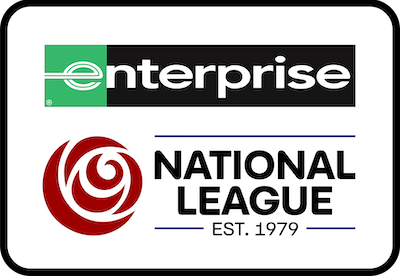
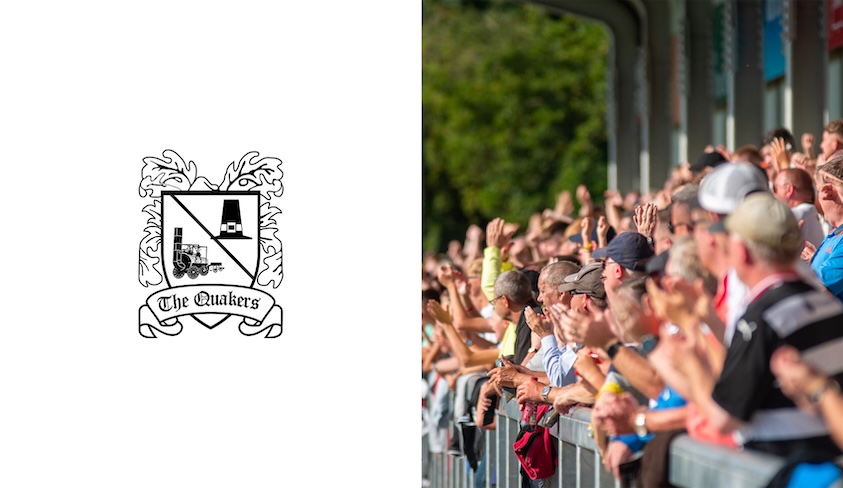
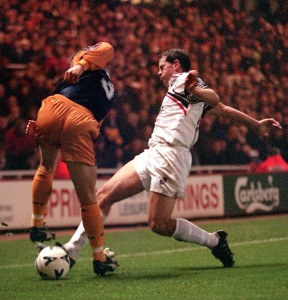

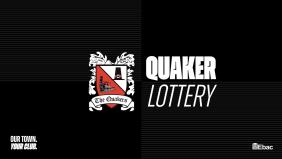
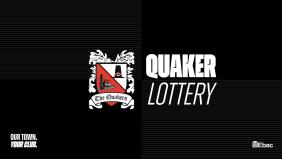
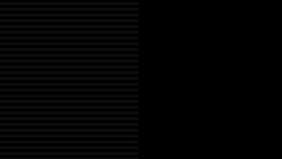
-article-list.jpg)
